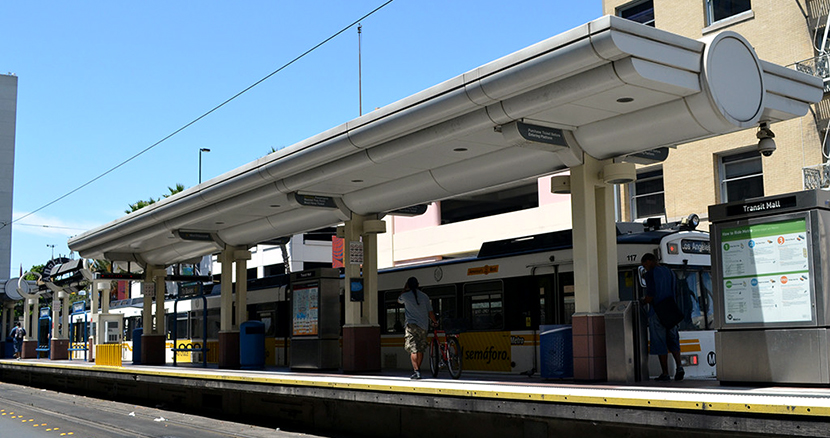N.C. Dodged a Public-Transit Bullet, Study Says | Eastern North Carolina Now
Proponents of the Durham-Orange Light Rail Project were issued a crushing blow by the GoTriangle Board of Trustees, which terminated the project in early April.


| Wake County GOP Responds to Commissionís Approval of Second Largest Tax Increase in County History | Carolina Journal, Editorials, Op-Ed & Politics | Hospital Mergers: Profits Over Patients |
|
while right and center shun political violence
Published: Tuesday, September 16th, 2025 @ 8:25 am
By: John Steed
|
|
"Robert F. Kennedy Jr. is a foolish man, full of foolish and vapid ideas," former Governor Chris Christie complained.
Published: Monday, September 15th, 2025 @ 10:18 pm
By: Daily Wire
|
|
more transgender violence
Published: Monday, September 15th, 2025 @ 9:19 pm
By: John Steed
|
|
several far left Democrat incumbents need defeat
Published: Monday, September 15th, 2025 @ 8:28 pm
By: John Steed
|
|
If a white person commits a crime against a black person, it is a national news story.
Published: Monday, September 15th, 2025 @ 5:21 pm
By: Daily Wire
|
|
would allow civil lawsuit against judge if released criminal causes harm
Published: Monday, September 15th, 2025 @ 8:32 am
By: John Steed
|
|
good sign for next French election
Published: Sunday, September 14th, 2025 @ 9:17 pm
By: John Steed
|
|
By Rev. Mark Creech
Published: Sunday, September 14th, 2025 @ 5:43 pm
By: Countrygirl1411
|
|
"This highly provocative move was designed to interfere with our counter narco-terror operations."
Published: Sunday, September 14th, 2025 @ 5:43 pm
By: Daily Wire
|
|
Charlie Kirk, 31 years of age, who was renowned as one of the most important and influential college speakers /Leaders in many decades; founder of Turning Point USA, has been shot dead at Utah Valley University.
Published: Sunday, September 14th, 2025 @ 5:42 pm
By: Stan Deatherage
|
|
The Trump administration took actions against Harvard related to the anti-Israel protests that roiled its campus.
Published: Sunday, September 14th, 2025 @ 5:33 pm
By: Daily Wire
|
|
In remembrance of the day that will forever seer the concept of 'evil' in our minds, let's look back at that fateful morning, exactly 11 years ago today to that series of horrific events which unfolded before our unbelieving eyes......
Published: Sunday, September 14th, 2025 @ 5:32 pm
By: Diane Rufino
|